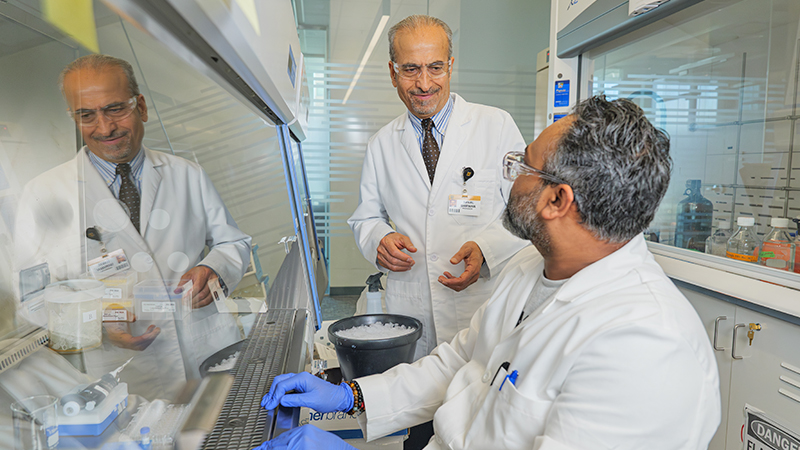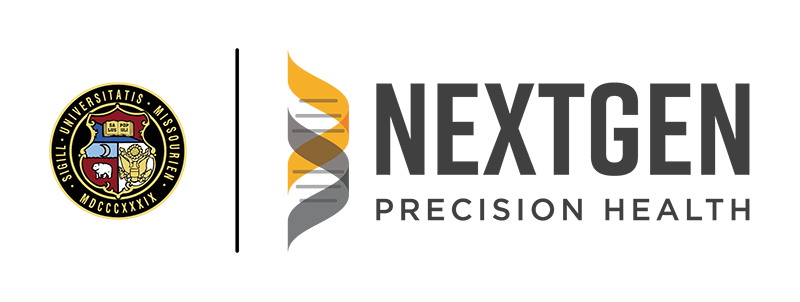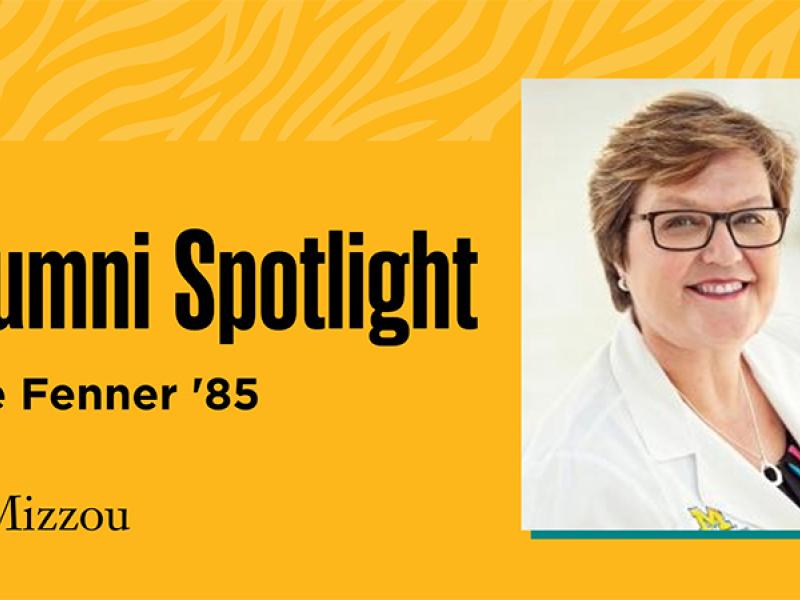
By Afshan Musani | NextGen Precision Health
Haval Shirwan, PhD, an inventor on 29 issued and nine pending patents and a co-founder of three biotech startups, is receiving a distinction from his global peers that is only bestowed every two years. The world’s premier association for transplantation science will honor Shirwan’s career working toward safe and effective immunomodulation.
The Recognition Award for Outstanding Achievement in Transplantation Science (Basic Science) will be presented on September 23 during The Transplantation Society’s biennial international conference. In a serendipitous twist, this year’s ceremony will be held in Turkey, where Shirwan spent his youth.
“Beautiful mountain ranges. You could see the snow melting as the whole ground comes to life,” he said.
Growing up in a small village near Mount Ararat in Turkey, Shirwan was fascinated by the plant life photosynthesizing in spring, shaping the beauty of the mountains and plains around him. Over time, his curious mind shifted toward human biology, with special interest in cancer research, immunology and transplantation.
When presented with a NATO scholarship opportunity, he came to the U.S. to study at the University of California, Santa Barbara to learn more about the complexity of the immune system. Since then, Shirwan has mentored 77 trainees, including graduate students, postdoctoral researchers and junior faculty.
Shirwan’s most significant contribution to the field of transplantation is a platform technology called ProtEx™, co-developed with Esma Yolcu, PhD. It generates novel immune ligands, which are biological messengers that help cells to communicate and change each other’s behaviors. Their transient display on the surface of cells, tissues and organs serves as a practical and safe alternative to gene therapy to cause localized immune modulation. Dr. Shirwan has demonstrated that this technique improves transplant tolerance in various models.
“We have pioneered this concept and we’ve shown that we do not need immunosuppressants. This is a well-developed technology that can take that very benign approach,” he said.
A recent adaptation of this technology involves the delivery of immune ligands using biomaterial platforms. The delivery of SA-FasL, a promising molecule from the library of immune ligands generated by ProtEx™, was shown to reliably induce tolerance to transplanted pancreatic islets in multiple models. When the body accepts those tissues, they have the potential to produce insulin for type 1 diabetes patients. This work was viewed as a breakthrough in the field of islet transplantation and has been highlighted by key opinion leaders at various conferences, including the American Transplant Congress, the Juvenile Diabetes Research Foundation, and others.
Shirwan’s renowned work for the last three decades has earned him election to the rank of NAI Fellow at the National Academy of Inventors and now leads him full-circle back to Turkey, by invitation of The Transplantation Society. TTS is a non-profit non-governmental organization providing global leadership in transplantation by partnering with 35 national and regional transplant societies.
A Team with Complementary Strengths
Haval Shirwan and his partner Esma Yolcu are a power couple thriving at NextGen Precision Health while they work together as co-founders. They met in Philadelphia while Shirwan was in the process of testing his idea for deploying SA-FasL. After running into a roadblock, he debated whether to keep going or to move on to his next project. “If you don’t mind,” Yolcu told him, “Let me play around a little bit with this.” Her input kept the idea viable, and now that technology is being used to accelerate research in cancer, bone marrow transplantation, diabetes and more.
“I think in that context, she really has been the driving force behind demonstrating that this concept works,” Shirwan recalled. “I always ask my graduate students: how many amazing ideas are thrown into the sink because, for whatever reason, we’re missing something when we go to the bench?”
And so, when his ideas have evolved into impactful innovations, Shirwan credits his practice of surrounding himself with challenging collaborators.
“I’m convinced a lot of their success stems from venturing out of their specialties to build a powerful network of relationships,” said Scott Rector, PhD, the director of the Roy Blunt NextGen Precision Health building. “Their persistence in working on this technology for over 20 years is extraordinary, and now they’re so close to reaching human studies.”
It’s that “team science” approach which makes Shirwan so comfortable at NextGen, where interdisciplinary researchers share space and search for new ways to combine their skills.
“Haval always shows up for his colleagues, especially those in the early stages of their careers,” said David Arnold, MD, executive director of the NextGen Precision Health initiative. “You can always count on him to begin a fruitful discussion about your work or to seek you out to celebrate a recent success. I can’t imagine a better mentor, collaborator and colleague.”

Highlighting the promise of personalized health care and the impact of large-scale interdisciplinary collaboration, the NextGen Precision Health initiative is bringing together innovators from across the University of Missouri and the UM System’s three other research universities in pursuit of life-changing precision health advancements. It’s a collaborative effort to leverage the research strengths of Mizzou toward a better future for the health of Missourians and beyond. The Roy Blunt NextGen Precision Health building at MU anchors the overall initiative and expands collaboration between researchers, clinicians and industry partners in the state-of-the-art research facility.





